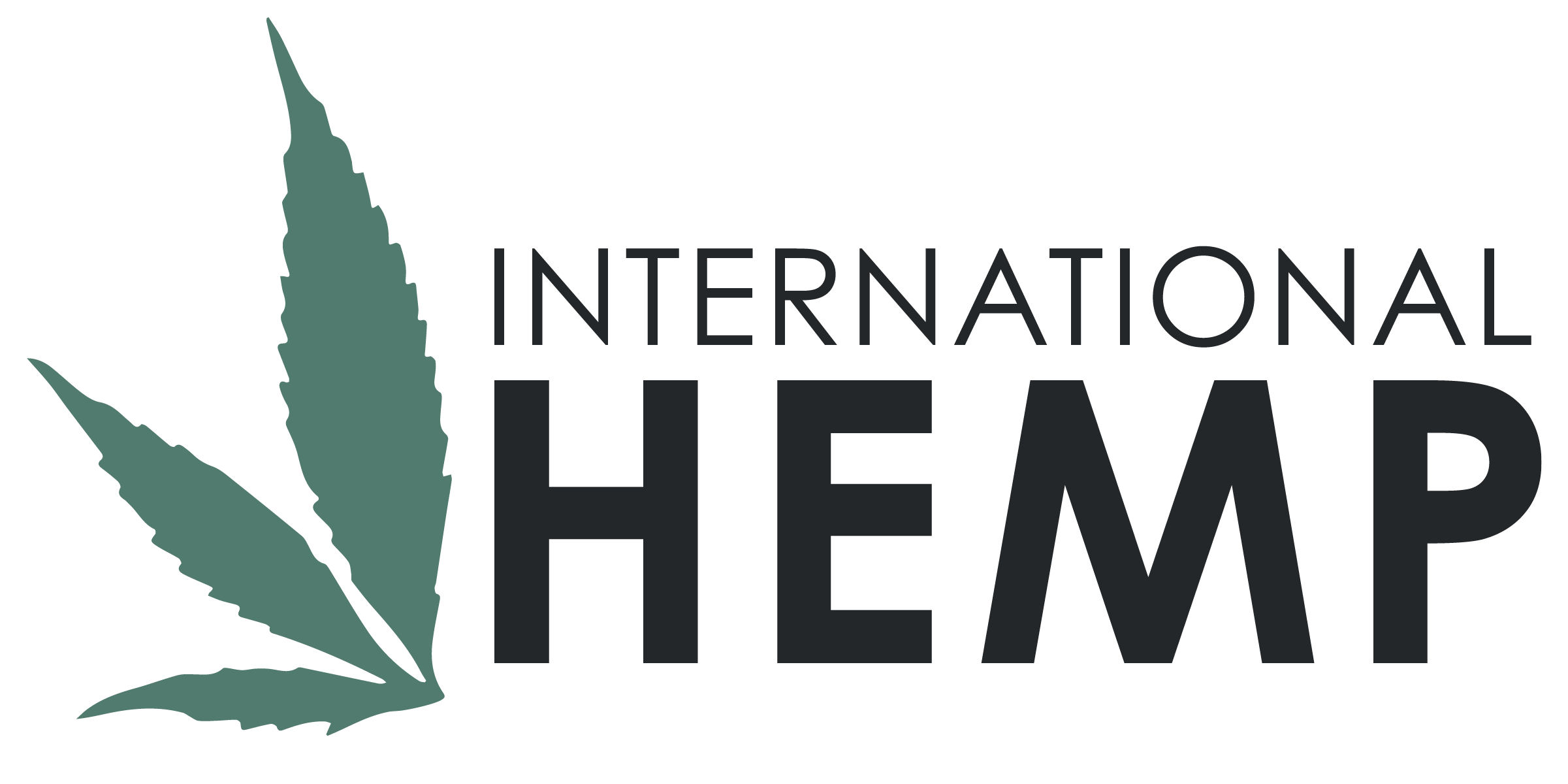North Carolina State’s Third Annual Industrial Hemp Field Day
On August 27th, 2020, International Hemp’s, Daniel Boodee, attended the third annual North Carolina State Industrial Hemp Field Day in Salisbury, NC. Currently, North Carolina is at a crossroads as the future of smokable hemp flower remains a top issue for NC lawmakers that’s hanging in the balance.
Split into a morning and afternoon session, the Field Day consisted of presentations delivered by numerous NC State crop science researchers and graduate students. Topics sought to cover every aspect of the industrial hemp supply chain - from the importance of certified seed and an understanding of optimal vegetation periods to the need for federal guidance on the regulation of hemp-derived cannabinoids, namely cannabidiol (CBD). The presenters were clearly passionate about the many opportunities offered by industrial hemp for American farmers. Attendees came prepared with many questions concerning cultivation, supply contracts, and estimated operational costs.
The afternoon event was the least crowded of the two sessions, even so, guests numbered in the hundreds--all of whom were eager to learn more about this new and potentially lucrative crop.
As with many industrial hemp events around the country, most attendees were new to the industry. The majority were farmers who were considering taking a calculated risk on a profitable rotational crop. Still, there were many simply looking to learn more about the plant and industry that’s dominated agricultural headlines in recent years.
Currently, the North Carolina General Assembly is working on passing a bill that would ban the use and production of smokable hemp. Under this legislation, those found producing, selling, or possessing smokable hemp are subject to a $2,500 fine. The resistance to the bill comes from North Carolina hemp farmers who say this makes up roughly 20% of their overall sales.
With smokable hemp flower’s future still undecided, one option available to farmers is to begin transitioning from high-CBD hemp varieties to hemp varieties optimal for grain and fiber production. While the domestic infrastructure for processing of the whole-plant is still young, the market for American-grown hemp grain and fiber is beginning to take shape, and grain prices are highly competitive, especially in comparison to other staple grain crops.
When the legislative and regulatory fog rises, if the engagement and eagerness are as high as it was at this event, the future of industrial hemp will be very bright.

